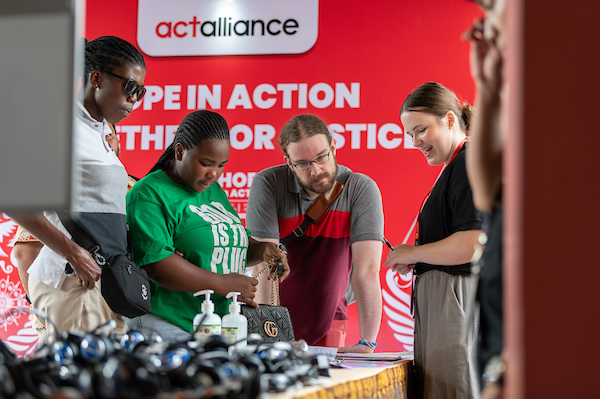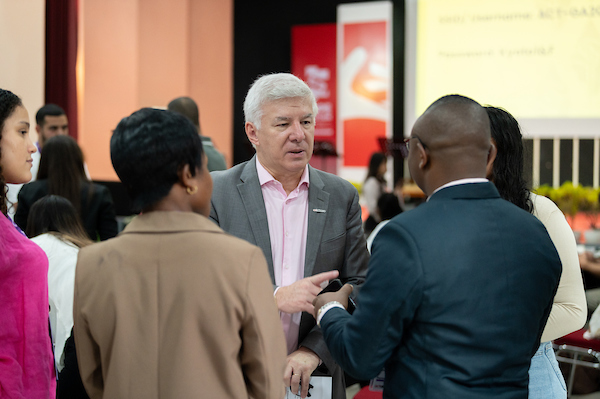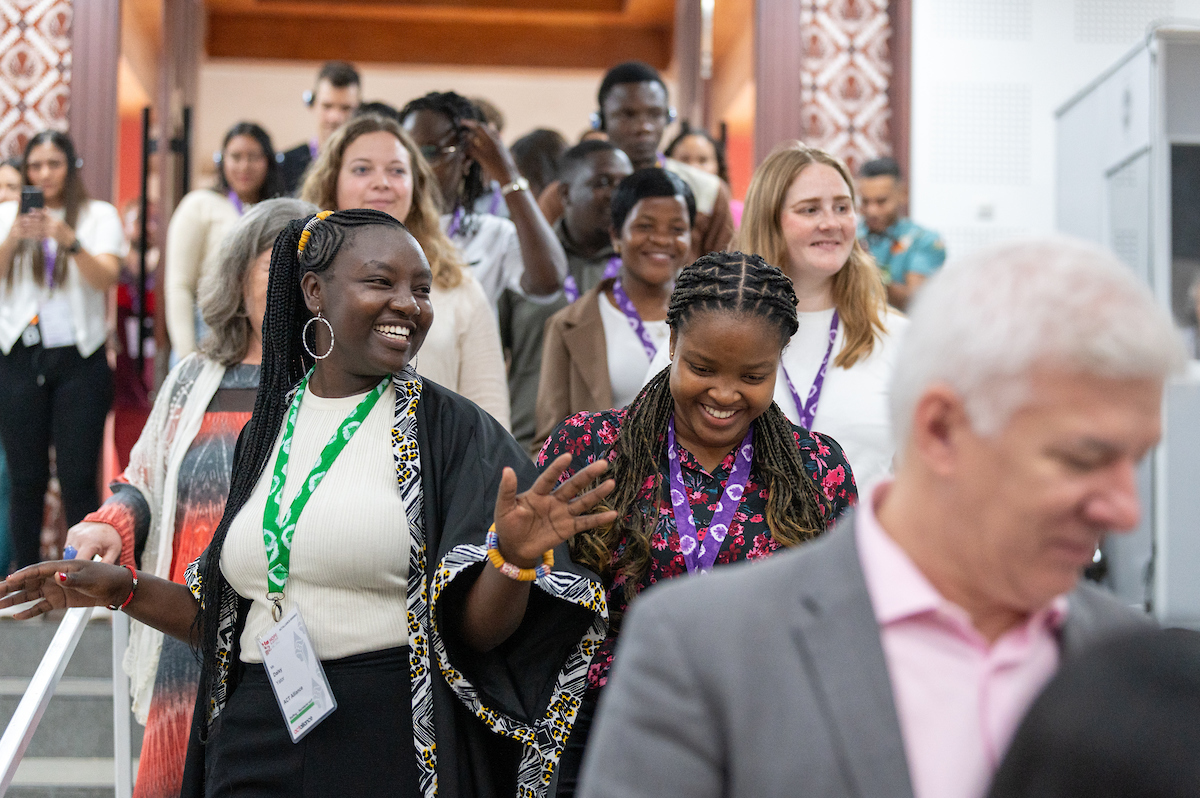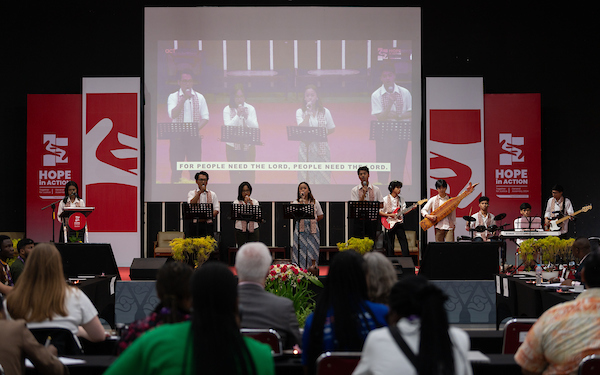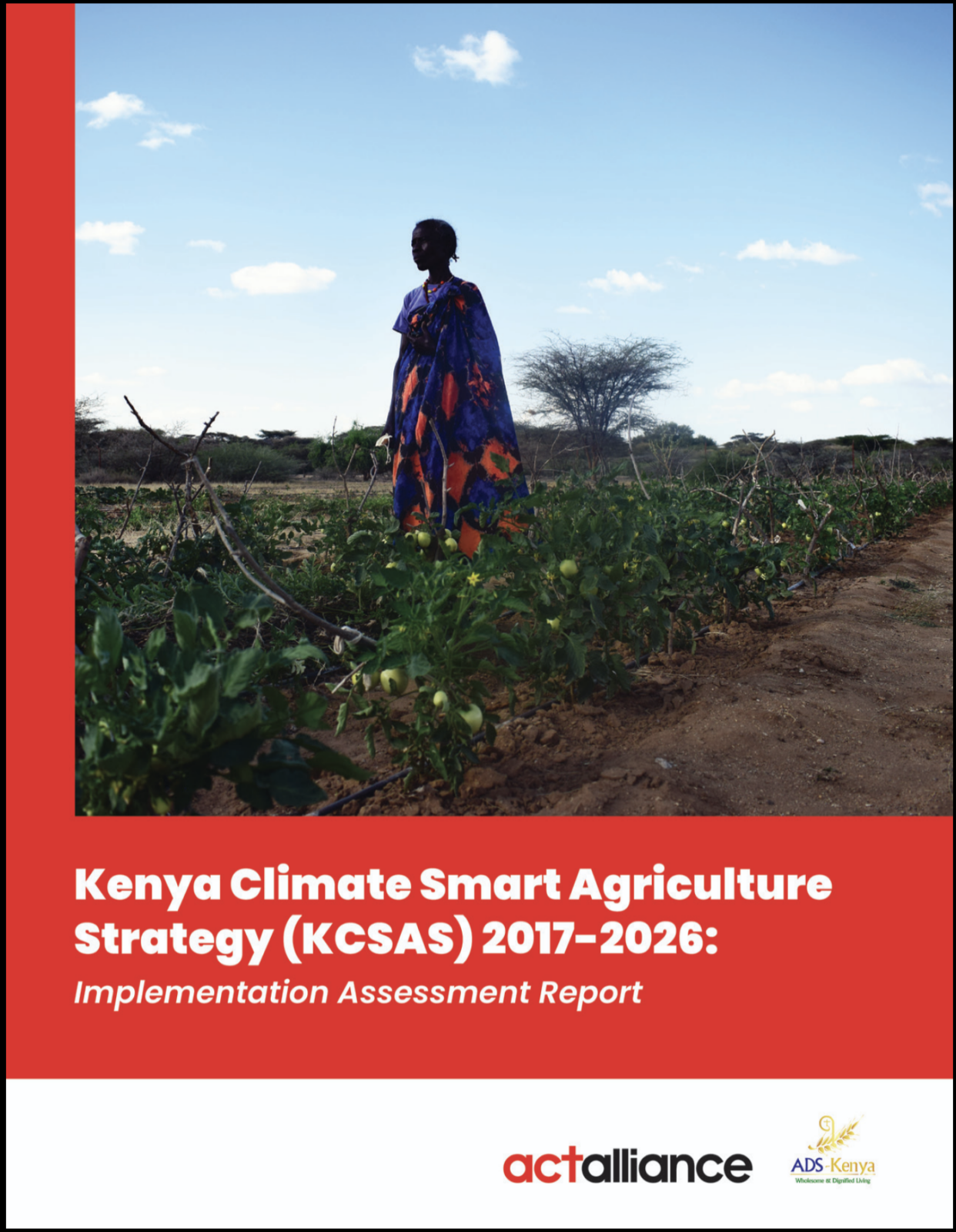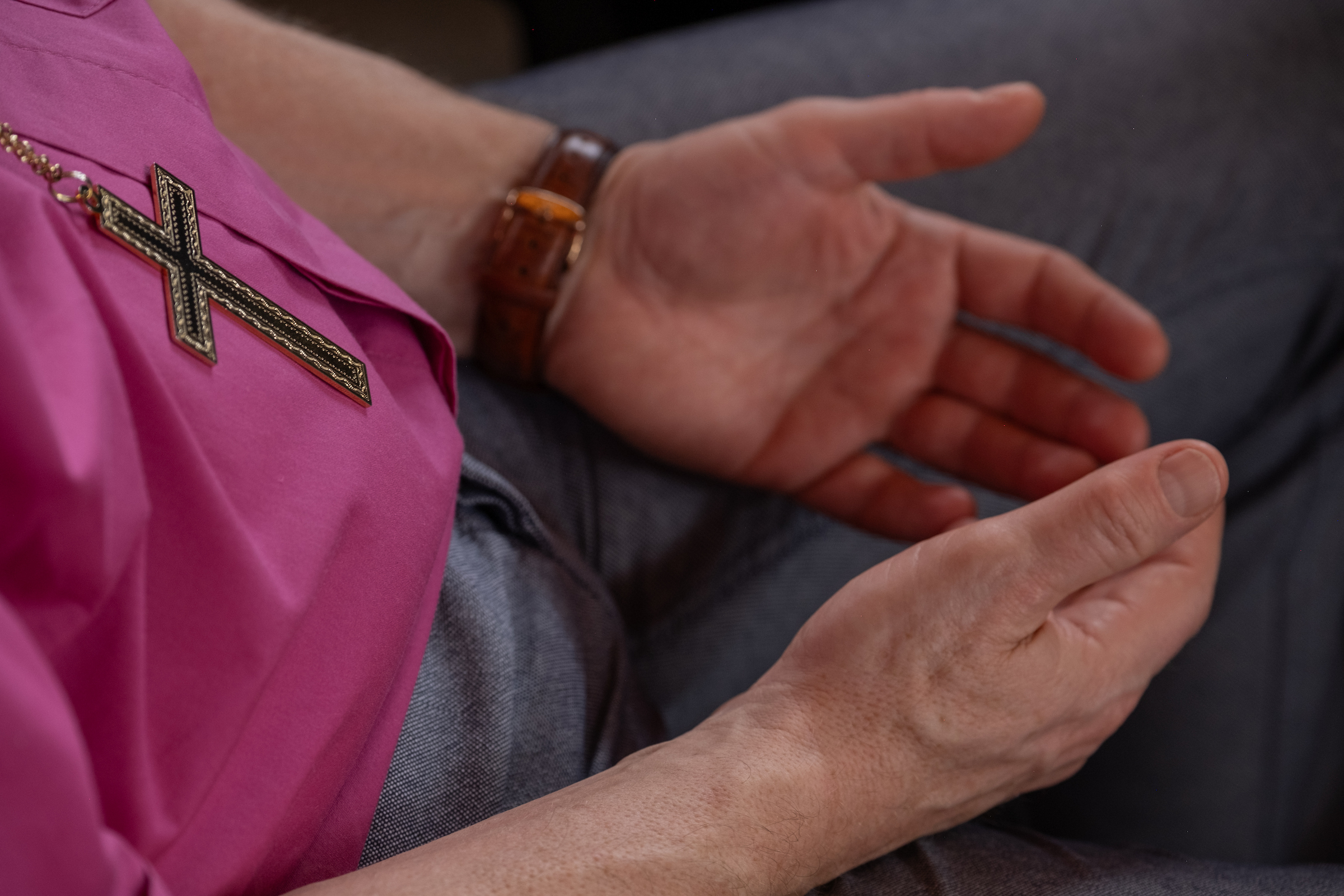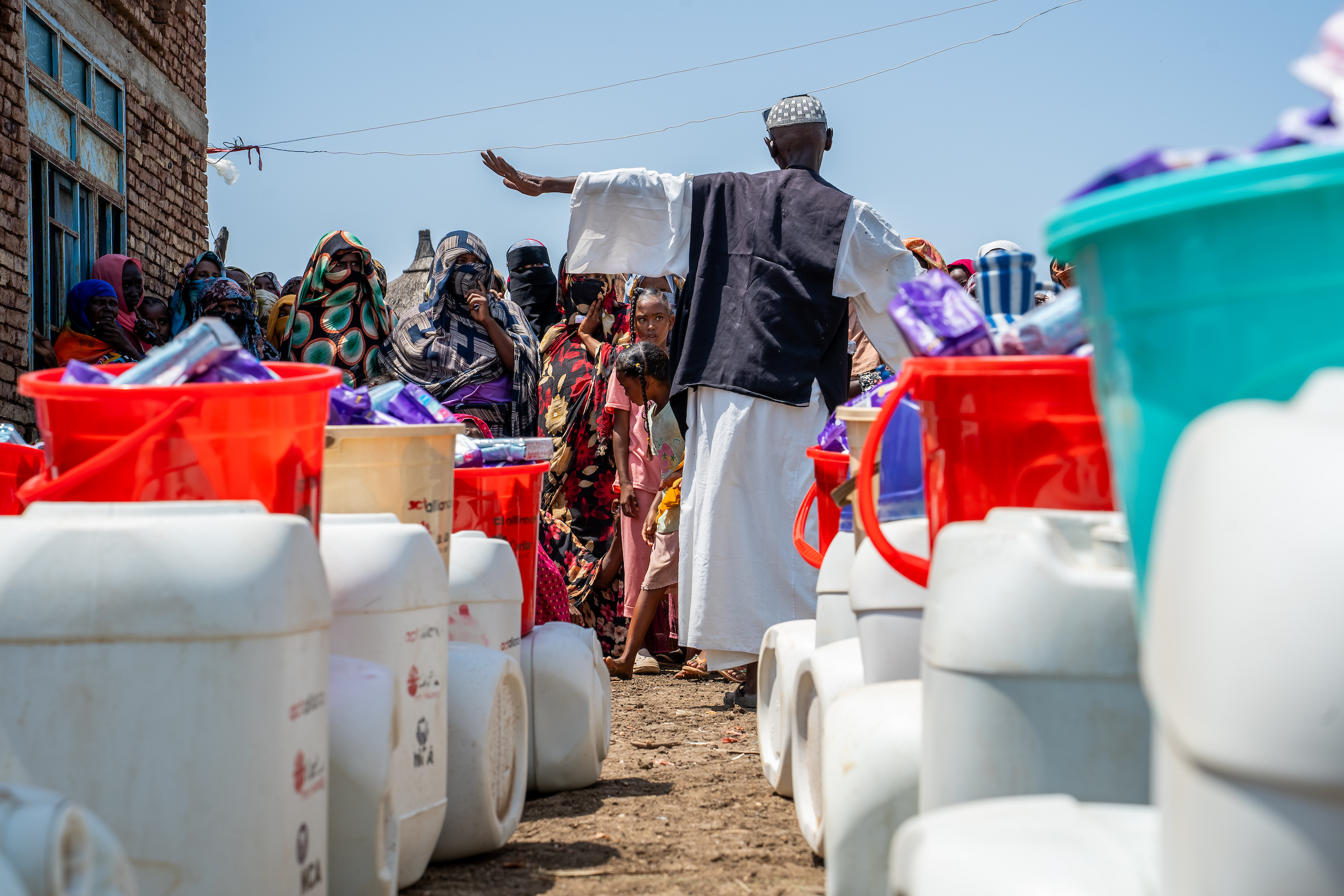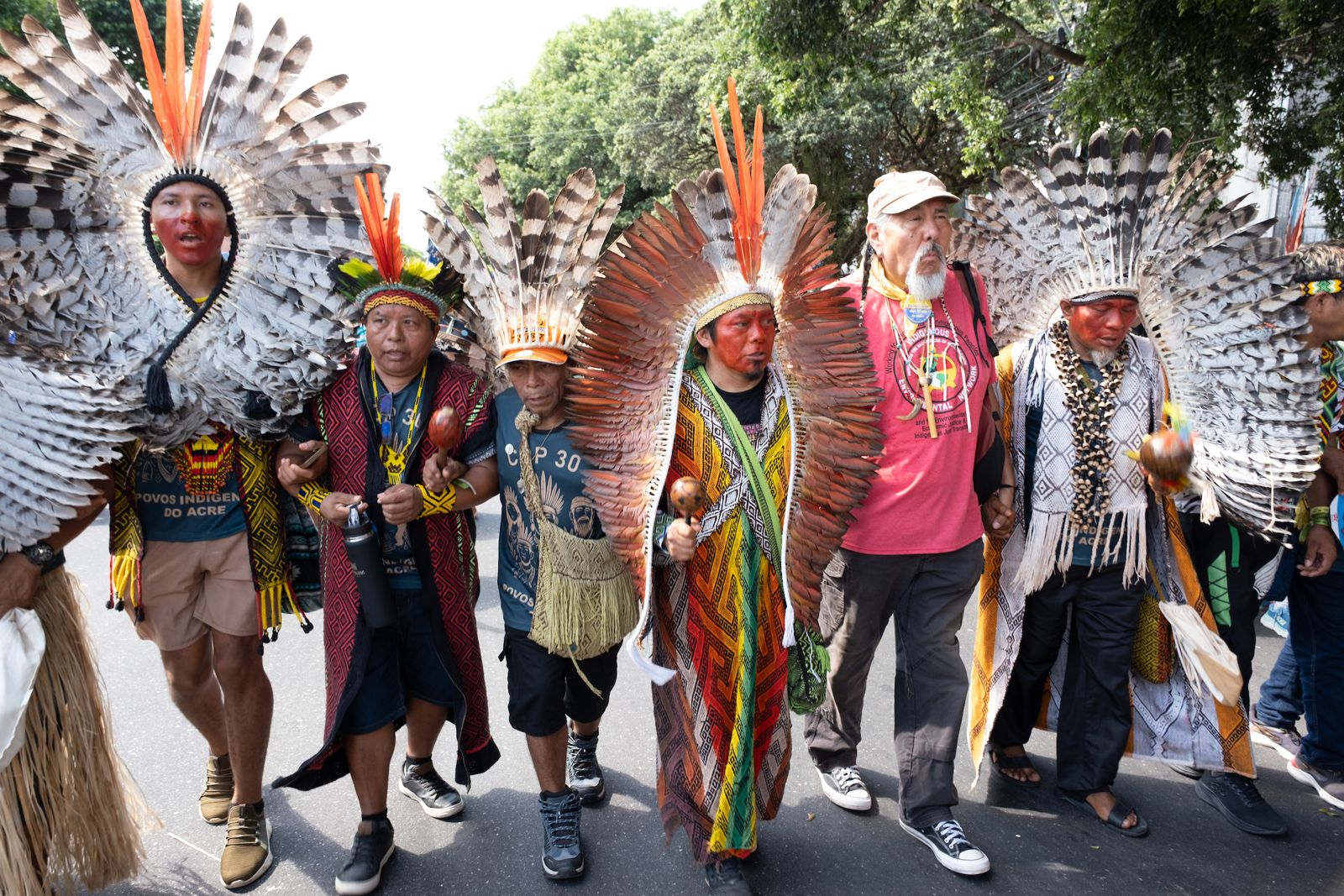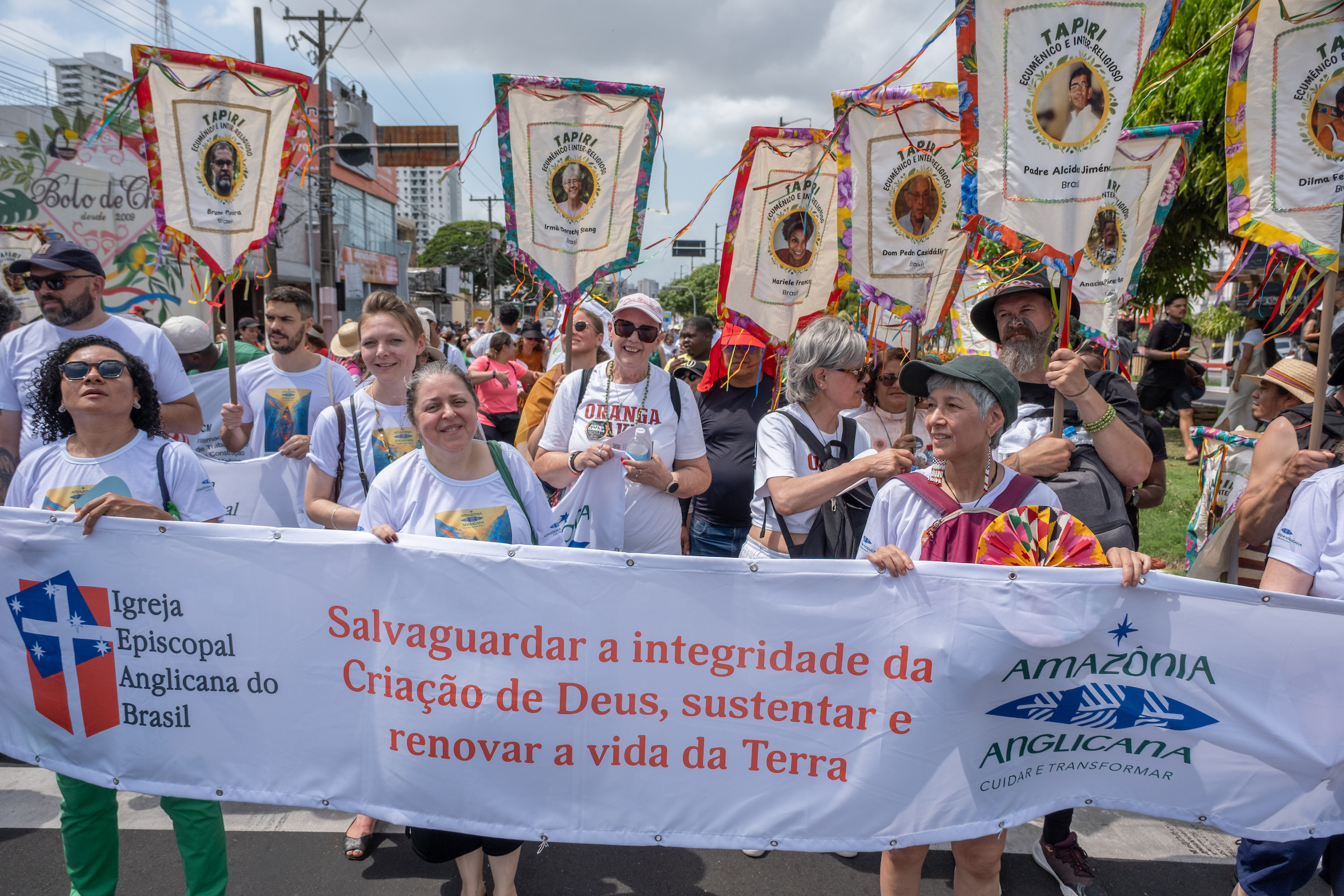Brigita Ra Sekar Laras is a project manager in the programme division of Yakkum, she is also the co-chair of the ACT Alliance Youth CoP. We have interviewed her to learn more about the Youth pre-Assembly that is taking place on Saturday October 26 and Sunday October 27 in Yogyakarta ahead of the ACT Alliance General Assembly 2024.
Q: Why are you excited about the ACT Alliance Youth Pre-Assembly?
A: This is the second in-person Youth Pre-Assembly, bringing together more than 40 youth members from across the world, with the support of ACT Alliance and its members. Over two days, we’ll have meaningful discussions on various themes, all organized directly by the ACT Alliance Youth CoP.
We anticipate over 100 external participants, including volunteers, and partners from various sessions. This represents a collaboration within the ecumenical youth movement, involving student groups, church youth, and local communities.
Our program is diverse and goes beyond just panel discussions. For example, we’ve included two peer-learning sessions with local communities to discuss key issues like decolonization in health, inclusivity, the involvement of vulnerable groups, mental health in education, community-based health empowerment, and nature-based solutions to climate change. I believe these discussions will be enriched by the diverse backgrounds, experiences, and expertise of the young people, especially from this region of Indonesia.
I believe these discussions will be enriched by the diverse backgrounds, experiences, and expertise of the young people, especially from this region of Indonesia.Brigita Ra Sekar Laras Yakkum
Q: What are the challenges that young people across the world face today and do you believe an intergenerational approach could be more effective?
I think that in terms of global challenges that are young-people specific, I see a lot discrimination and stereotypes. The uncertainty that we are all facing globally is reflected in the limited resources that governments and institutions are investing in youth leadership. To effectively invest in youth leadership, four essential steps are necessary, involving different stakeholders to show recognition and trust:
- Mobilization of resources for capacity building across issues and sectors, from resource management to advocacy training as climate change impacts not only economic certainty but also physical and mental health;
- Access to networks, accessibility for young people to participate in national and global forums to build peer and intergenerational collaboration and partnerships as an empowerment strategy through peer-learning, peer to peer mobilization and mentoring;
- Funding to contribute to adaptation, mitigation actions, demonstrate leadership, mobilize communities, build innovation and appropriate technologies that are built on the specific needs and capacities of the area/issue context;
And finally
- Involvement in advocacy and decision-making processes that give young people a voice and perspective on issues that affect their future.
Q: What do you hope to achieve at the Pre-Assembly, and how might this influence the broader General Assembly?
A: We aim to deepen our collective understanding of the diverse contexts and challenges facing young people globally. The variety of nationalities present is a bonus, as it allows us to develop a well-rounded strategic analysis. Our feedback and reflections will be used as a foundation in the General Assembly discussions, making our participation crucial to ensure a broad range of perspectives are considered.
The peer-learning process we use during the Youth Pre-Assembly will also help strengthen our community of practice and build a sense of ownership among members.
I look forward to the discussions that will take place in Yogyakarta!
